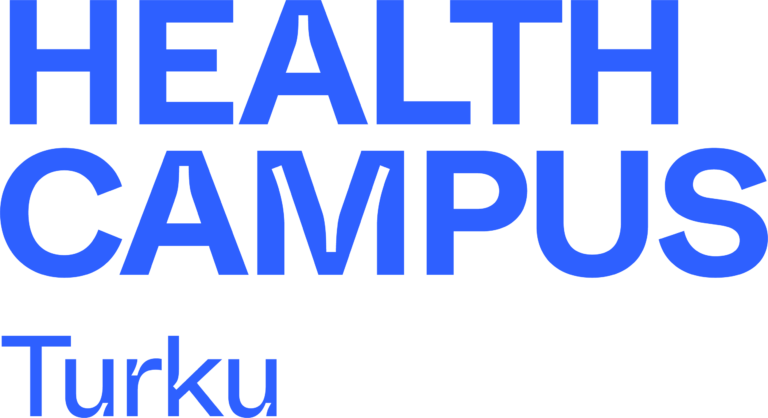Health Care of the Future is Carbon Neutral

The virtual seminar on Carbon Neutral Healthcare, organised by Health Campus Turku on Monday 7.11.2022, highlighted the carbon burden of the military sector and what is currently being done or is being done to reduce it.
Aptly themed, the fully virtual but nationwide seminar invited dozens of health experts to discuss the carbon footprint of the medical sector and the entire health and social sector and how it can be reduced. With up to 80 people in attendance, the event showed that the health and social sector is taking the issue seriously.
Jaana Halonen, Senior Researcher at JHL, who chaired the seminar, reminded everyone of the UN Climate Change Conference currently underway in Egypt. The health and social sector has a major role to play in many climate change issues, both as a producer of carbon emissions, as a reducer of carbon emissions and bringing focus to climate impacts. The effects of extreme rainfall events are felt in the form of emergencies and supply disruptions, for example of medicines or products, and can have a major impact on the health sector.
The Ministry of Social Affairs and Health has already launched a plan to address the impacts of climate change. The main challenge will be to involve the welfare regions, which will start work at the turn of the year, in the process.
Jani Valkama, Head of Environmental Management at HUS, and Riitta-Maija Hämäläinen, Head of Sustainable Development at Päijät-Sote Welfare Community Association, presented the advanced plans for carbon neutrality in their respective areas of responsibility. HUS aims to achieve carbon neutrality by 2030 and the issue has also been taken seriously in Päijät-Sote, where the sustainable development programme has been extended.
By 2023, Päijät-Sote aims to complete its environmental audit, hospital certification, climate programme for service production and cooperation model. These will bring construction, transport, water supply, procurement and meal services under the carbon cutter. The package also includes staff training.
In his presentation, Ari Nissinen, Development Manager at SYKE, compared the emissions of the Finnish and British military sectors. While in the UK, household emissions are in the same range as in Finland, differences are seen in the military sector; in Finland, transport services are seen as a spike that is not felt in the UK. On the other hand, emissions from pharmaceuticals are significant in Finland. So there is room for improvement in both sectors. In Finland, emissions from the social sector are a significant part of the country’s total emissions, which is not surprising as the sector is a significant part of the national economy.
Leena Setälä, Director of the Health Campus Turku, who will leave at the end of the year, and Director of Sustainable Development of the Southwest Finland Hospital District, summarised the most common findings of the seminar: “The Ministry of Social Affairs and Health has already started setting national targets for the climate-responsible SOTE sector for 2023-2026, and this work is a good start for the targets that have now been set. The Southwest Finland Wellbeing Region will continue to operate responsibly, effectively and take into account economic, social and ecological sustainability”, Setälä assured.
Health Campus Turku is a major multidisciplinary cluster of excellence in medicine, social and health services and technology, offering unique opportunities for research, innovation and business cooperation. The Health Campus Turku cooperation involves the Hospital District of Southwest Finland, the University of Turku, Åbo Akademi, Turku University of Applied Sciences, Yrkeshögskolan Novia and Turku Science Park Ltd. The parties will promote research and cooperation conditions, education, business and innovation. Further information: www.healthcampusturku.fi
